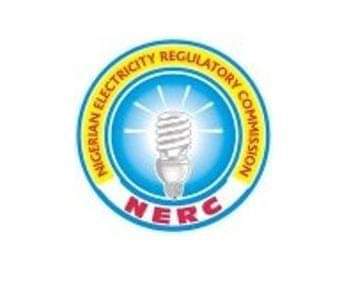The Nigerian Electricity Regulatory Commission (NERC) has announced the instant review of electricity tariffs in the country starting from January 1.
The announcement which was contained in a statement by John Momoh, chairman of the commission was issued to the 11 electricity distribution companies (Discos) as published on the Commission’s website.
The statement is entitled: “December 2019 MYTO Minor Review Order” for the 11 DISCOs”.
According to the statement: “All DISCos are obligated to settle their market invoices in full as adjusted and netted off by the applicable tariff shortfall.”
“In the determination for compliance to the minimum remittance threshold in this Order, the Commission shall consider verified receivables from MDAs (ministries, departments and agencies) for the settlement period and DISCos’ historical collection efficiency for MDAs.
“The commission shall hold the TCN (Transmission Company of Nigeria) responsible for deviation from the economic dispatch order that adversely impact on the base weighed average cost of the wholesale of energy”
The commission in the statement also said that the new order was based on actual changes in macroeconomic variables in generation capacity as at October 31, 2019, including inflation rate of 11.3 percent for January to October 2019.
“The order was also based on exchange rates of N306.9 plus one percent premium which is about N309.97 to the dollar and gas price of $2.50 per million metric tons BTU and gas transportation cost of $0.80 per MMBTU
‘Basic assumptions that guided the review included exchange rate of N310, generation cost of N23 per kWh, transmission cost of N7.8 per kWh, transmission and admin cost of N3.99 per kWh”
According to the new order, electricity consumers in Lagos who have been paying N13.34 per kWh under the 2015 MYTO will in 2020 pay N21.80 per kWh, same as their R2 counterparts.
However, consumers in Enugu who were paying N17.42 per kWh will now be mandated to pay N30.93 kWh.
Their R2 and R3 counterparts who paid about N19.31 and N27.11 per kWh since 2015, will now be paying N34.28 and N48.12 per kWh.
Residential (R2) and R3 consumers in Ikeja, who have been paying N13.34 and N26.5 per kWh since 2015, will now be paying N21.30 and N21.80 per kWh, Premium Times reports.
Residential consumers are those categorised as those using singe phase and three-phase meters and electricity consumption of about 50 kWh in premises with flats exclusively for residential purposes.
The order, the Commission said, supersedes “other orders issued on the subject matter, and shall take effect from January 1, 2020.”
The R3 consumers who use maximum demand low voltage who have been paying N26.5 per kWh in Ikeja will now be paying N36.49 per kWh, compared to their counterparts in Abuja who have been N27.20 per kWh since 2015, who will now be paying N47.09 per kWh, same as their R4 consumers.
The review also affected the tariffs for other categories of consumers, namely commercial, industrial and special.
Commercial consumers are those who use premises for any purpose other than exclusively as residence or as a factory for manufacturing goods.
The industrial consumers are customers who use their premises for manufacturing goods including welding and iron monger.
The special customers include those involved in agriculture (excluding agro-allied enterprises involved in processing), water boards, religious houses, government and teaching hospitals, government research institutes and educational establishments.
Under the new tariff order, commercial customers who have been paying between N20.45 and N27.20 per kWh since 2015 will now be paying between N37.39 and N47.09 per kWh.
Their industrial customers who have been paying between N20.95 and N27.22 per kWh in Abuja, will now be paying between N36.07 and N47.09 per kWh under the new dispensation.
Also, those in the special category who have been paying about N20.06 per kWh in Abuja since 2015, will now be paying about N35.74 per kWh.




